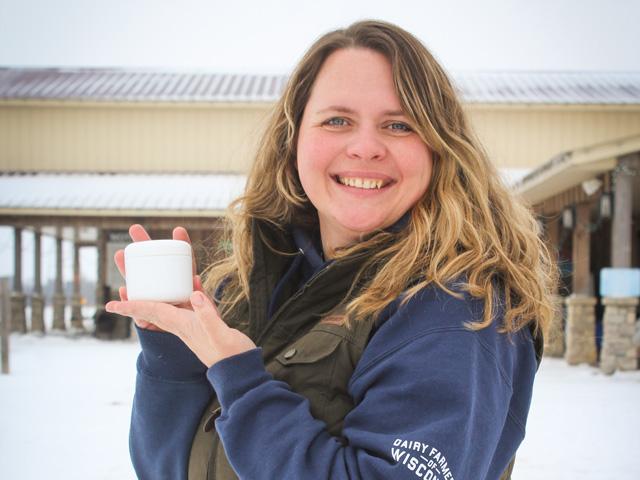2017 Wheat Contest
Second Annual National Wheat Yield Contest Accepting Entries
ROCKVILLE, Md. (DTN) -- Wondering how your wheat management stacks up against other growers? Now is your chance to find out: The National Wheat Yield Contest is open and accepting entries for its second year.
"We're going into the year with a lot of excitement among wheat leaders," said Steve Joehl, executive director of the wheat contest for the National Wheat Foundation, which hosts the contest. "A lot of growers are starting to understand how [the contest] can help transfer technology among growers so they can improve their productivity."
Because it was new, last year's contest flew slightly under the radar but still ended up with 169 entries, Joehl said. He's optimistic that this year's participation will double and possibly even triple that number. Registration is already far ahead of last year's pace, with 50 growers signed up and months to go before the May 1 deadline for winter wheat and the August 1 deadline for spring wheat.
Entries will likely pick up as growers get a sense of the crop's potential as it comes out of dormancy. David Eickholt, who placed in the contest last year with a dryland winter wheat yield of 147.74 bushels per acre (bpa), is already eying his central Michigan fields for the 2017 contest.
"We're planning on entering, but it just depends on how the spring plays out," he told DTN. "We started scouting last week and some of it looks very good."
Last year delivered ideal wheat-growing weather for much of the country, and the overall national yield winner, Phillip Gross of Warden, Washington, hit 192.85 bpa with an irrigated WestBred winter wheat variety.
P[L1] D[0x0] M[300x250] OOP[F] ADUNIT[] T[]
The 2016 contest helped cast a spotlight on an innovative group of wheat farmers who manage wheat as intensively as they do corn and soybeans. "I can't tell you how much I learn from these growers," Joehl said. "They're scouting their wheat weekly and -- in critical times of the season -- two or three times a week."
Among the inputs and management tactics that were highlighted by the winners of last year's contest were fungicide applications, nitrogen use and seeding rates carefully calibrated to each growers' region. This year, Eickholt has his eye on a new variety from the Michigan Crop Improvement Association, and says the spring weather will determine how he manages fungicides and micronutrients in any contest fields.
"We do more scouting on wheat and we use more fungicides, and that's been very successful," he said of his operation.
Growers must be members of either a state wheat association or the National Association of Wheat Growers to participate in the contest. Youth is no barrier; the minimum age is 14, and last year's national winner for irrigated winter wheat was Jagger Borth, a high school senior from Meade, Kansas.
The contest will be divided into the same four categories as last year: dryland winter wheat, irrigated winter wheat, dryland spring wheat and irrigated spring wheat. The winner of each category will be determined by how many percentage points the crop yields above the county average, and an overall highest yield winner will also be recognized. The contest also recognizes the growers recording the highest yield above the county average within each state.
The entered field must have at least five continuous acres of a certified or branded wheat variety. Growers who are planning to enter should keep careful records of every planting metric and input throughout the growing season. The entry fee is $100.
The contest has very specific rules on how to harvest and check yield for the entered field, and a recheck is required if your field yields above 150 bpa. You can find those specifics, along with all the rest of the contest's rules and regulations, here: http://bit.ly/…
The contest's original four sponsors of BASF, Monsanto, John Deere and Croplan are joined by Syngenta, Indigo Agriculture and The McGregor Company this year.
For more information, see the contest website here: http://yieldcontest.wheatfoundation.org
Emily Unglesbee can be reached at Emily.unglesbee@dtn.com
Follow Emily Unglesbee on Twitter @Emily_Unglesbee
(PS/BAS)
Copyright 2017 DTN/The Progressive Farmer. All rights reserved.



